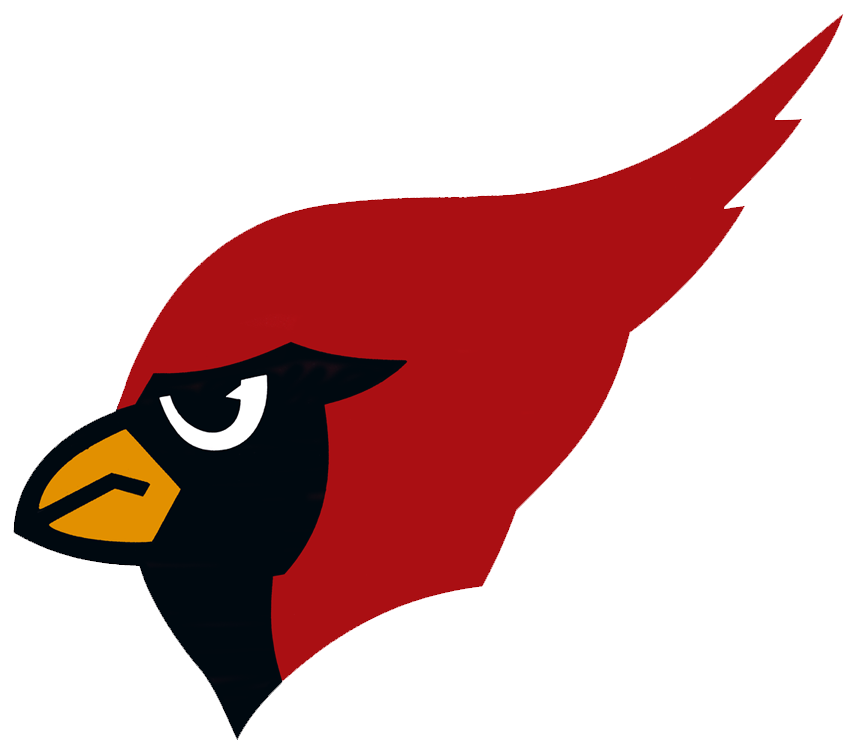Skip to content
Show submenu for District
District
Board of Education
Business Operations
Personnel
Show submenu for Alumni
Alumni
Show submenu for Activities/Athletics
Activities/Athletics
Show submenu for Staff
Show submenu for Academics
Show submenu for Students
Students
Bullying Prevention
Show submenu for Community
Show submenu for Skyward
Skyward
Skyward Logins
Show submenu for MTHS Box Office
MTHS Box Office
Show submenu for Google Apps
Google Apps
MTHS EDUCATION FUND
Show submenu for
